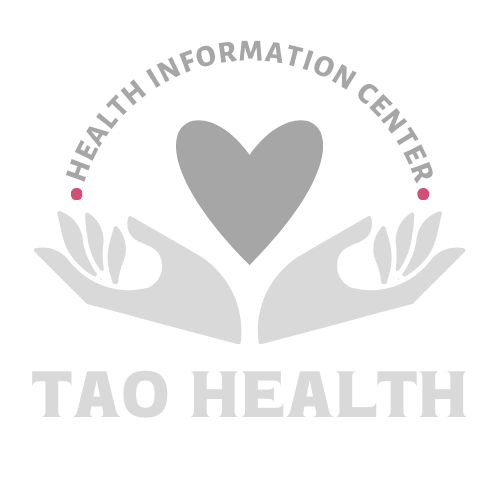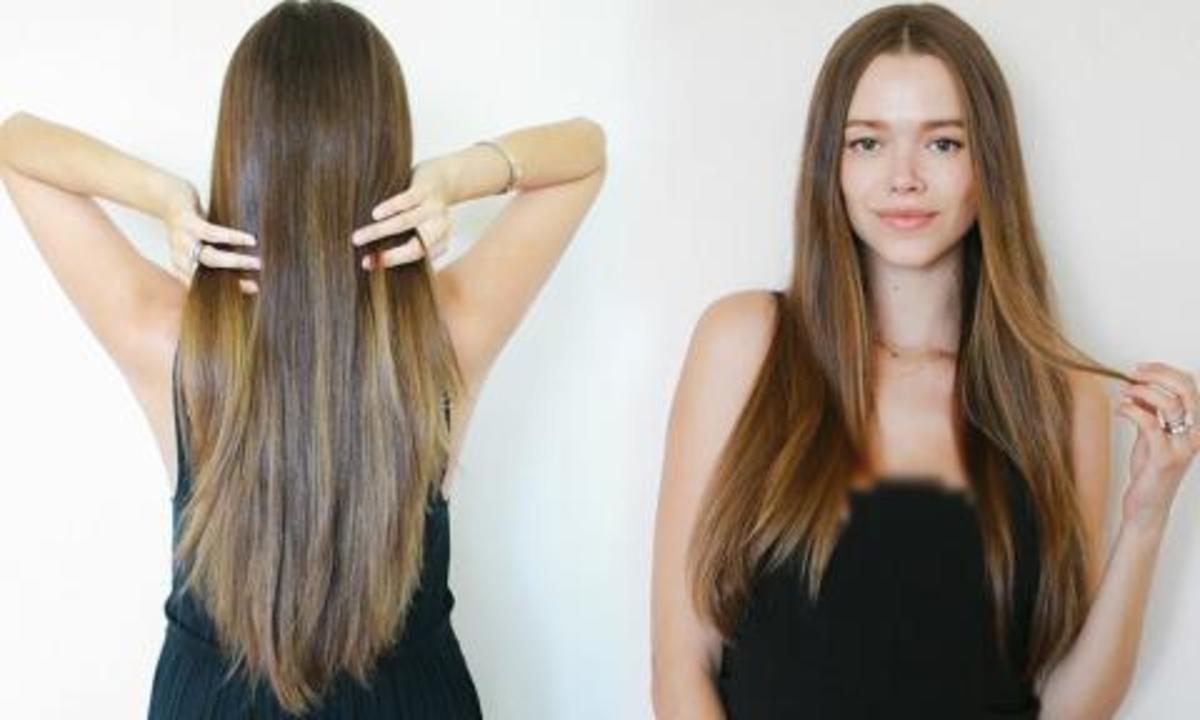Welcome, health & wellness warriors!
If you’re here, you’re probably staring at your hairbrush wondering:
“Why am I losing so much hair?”
First off, you’re not alone. Hair loss affects millions — but the good news is: your diet might be the secret weapon you’re missing. So, grab your green smoothie, and let’s talk about how proper nutrition (yes, including the right vitamins!) can help fight hair loss and get your strands back to their shiny, happy selves.
The Connection Between Nutrition and Hair Loss
Ever heard the saying: “You are what you eat?”
Well, your hair listens to that advice too. Our hair is constantly growing and being replaced, but if your body isn’t getting what it needs nutritionally, hair growth can slow down — or stop altogether.
Why Does Nutrition Matter for Hair?
Your body treats hair like a luxury item. If you’re short on nutrients, it’ll prioritize essentials like your organs and muscles first. Hair gets whatever’s leftover. That’s why poor nutrition often shows up first as dull, thinning hair.
Common Causes of Hair Loss (Spoiler: It’s Not Just Genetics)
Let’s bust a myth: hair loss isn’t always genetic. While genes play a role, other factors include:
- Vitamin & mineral deficiencies
- Stress overload
- Hormonal shifts (hello, postpartum hair loss)
- Medical issues like thyroid disorders
- Harsh hair treatments & heat styling
Vitamins Your Hair is Desperately Craving
Alright, let’s get to the fun part: vitamins. These guys are your hair’s best friends when it comes to strength, growth, and shine.
Vitamin A – Your Scalp’s Personal Moisturizer
Vitamin A helps your scalp produce sebum — that natural oil that keeps hair shiny and healthy. But careful: too much Vitamin A can actually cause hair shedding. Moderation is key!
Food Sources:
🥕 Sweet potatoes
🥬 Spinach & kale
🥕 Carrots
Vitamin B Complex – The Hair Growth Dream Team
The B vitamins help your body create healthy red blood cells, deliver oxygen to the scalp, and build keratin — the protein your hair is made of.
Biotin (B7) – The MVP
If you’ve Googled hair loss before, you’ve definitely stumbled across biotin. It’s practically a celebrity in the hair world.
Best Sources:
🥚 Eggs
🥜 Almonds
🍠 Sweet potatoes
B12 – The Oxygen Booster
Vitamin B12 keeps those hair follicles oxygenated, giving them the fuel they need to grow.
Best Sources:
🥩 Meat
🧀 Dairy
🥣 Fortified cereals
Vitamin C – The Collagen Constructor
Vitamin C helps your body build collagen (hair structure) and also improves iron absorption — a double win for hair growth.
Best Sources:
🍊 Oranges
🍓 Strawberries
🫑 Bell peppers
Vitamin D – The Follicle Activator
Low levels of Vitamin D are often linked to hair thinning. This vitamin wakes up dormant follicles, encouraging new growth.
Best Sources:
☀ Sunlight
🐟 Fatty fish
🥛 Fortified dairy
Vitamin E – The Hair’s Bodyguard
Vitamin E helps protect your hair follicles from oxidative stress and free radical damage.
Best Sources:
🌻 Sunflower seeds
🥜 Almonds
🥬 Spinach
Don’t Forget These Other Nutrients for Lush Locks
Iron – The Oxygen Deliverer
Iron deficiency is one of the most common causes of hair loss, especially for women. It helps carry oxygen to hair roots, keeping follicles nourished.
Food Sources:
🥩 Red meat
🥬 Spinach
🍛 Lentils
Zinc – The Repair Technician
Zinc helps repair damaged hair follicles and keep oil glands functioning properly.
Food Sources:
🦪 Oysters
🎃 Pumpkin seeds
🥣 Chickpeas
Protein – The Foundation Block
Hair is made up of protein. Without enough, your hair can weaken, thin, or fall out.
Food Sources:
🍗 Chicken
🐟 Fish
🥚 Eggs
🌱 Legumes
Best Foods to Load Your Plate With (Your Hair Will Thank You)
Instead of popping pills, try to load up your meals with these hair-loving foods:
- Vitamin A: Sweet potatoes, carrots, leafy greens
- B Vitamins: Eggs, dairy, whole grains, meat
- Vitamin C: Oranges, strawberries, kiwi
- Vitamin D: Salmon, tuna, fortified milk
- Vitamin E: Almonds, sunflower seeds, spinach
- Iron: Red meat, lentils, spinach
- Zinc: Oysters, pumpkin seeds
- Protein: Chicken, fish, eggs, legumes
Supplements: Helpful or Hype?
When Should You Consider Supplements?
- If blood tests show you’re deficient
- If you struggle to get enough nutrients from food
- If you’re vegan or have dietary restrictions
Safe Supplement Shopping Tips
- Always consult your doctor first
- Stick to recommended dosages
- Choose trusted, reputable brands
- Avoid mega doses (more isn’t always better!)
Lifestyle Hacks for Healthier Hair
Nutrition is key, but so is how you live day-to-day.
Stress Less
High stress levels can send your hair into “resting” mode (aka shedding). Try:
🧘♀ Yoga
🫶 Meditation
🌳 Daily walks
Sleep & Hydration
Your hair needs water and rest to grow properly. Aim for:
💧 8 glasses of water daily
😴 7-9 hours of sleep per night
Hair Care Tips
- Use gentle, sulfate-free shampoos
- Avoid harsh chemicals and excessive heat
- Limit tight hairstyles that pull on your scalp
When to See a Doctor
If you’re experiencing:
- Sudden or severe hair loss
- Bald patches
- Scalp pain
- Other unexplained symptoms (fatigue, weight changes)
…it’s time to call your doctor. You might be dealing with an underlying issue like a thyroid disorder or hormonal imbalance that needs professional care.
Final Thoughts: Feed Your Hair from the Inside Out
If you’re battling hair loss, start at the root — literally! Proper nutrition gives your hair follicles the fuel they need to thrive. While vitamins aren’t a magic cure for everyone, they’re a powerful (and natural) part of your hair care toolkit.
💡 Pro Tip: Before trying any supplements, get a simple blood test to check for deficiencies — it can save you time, money, and frustration.
P.S. For more expert-backed wellness tips and personalized nutrition guidance, check out taohealth.co.nz — your trusted resource for science-based health advice.
FAQs
Q1: Can vitamins regrow lost hair?
They can help if hair loss is due to a deficiency. But for genetic hair loss, treatments like minoxidil might be needed alongside good nutrition.
Q2: How fast do hair vitamins work?
Typically 3-6 months of consistent use before you’ll see real changes.
Q3: Is it okay to take biotin daily?
Yes, but avoid super high doses unless recommended by your doctor. And always check how biotin might affect your lab tests.
Q4: Can you get too much Vitamin A?
Yes! Overdoing Vitamin A can actually cause hair loss, so stick to the recommended daily dose.
Q5: Should I start with food or supplements?
Always start with food! Supplements should only fill in gaps if necessary.





